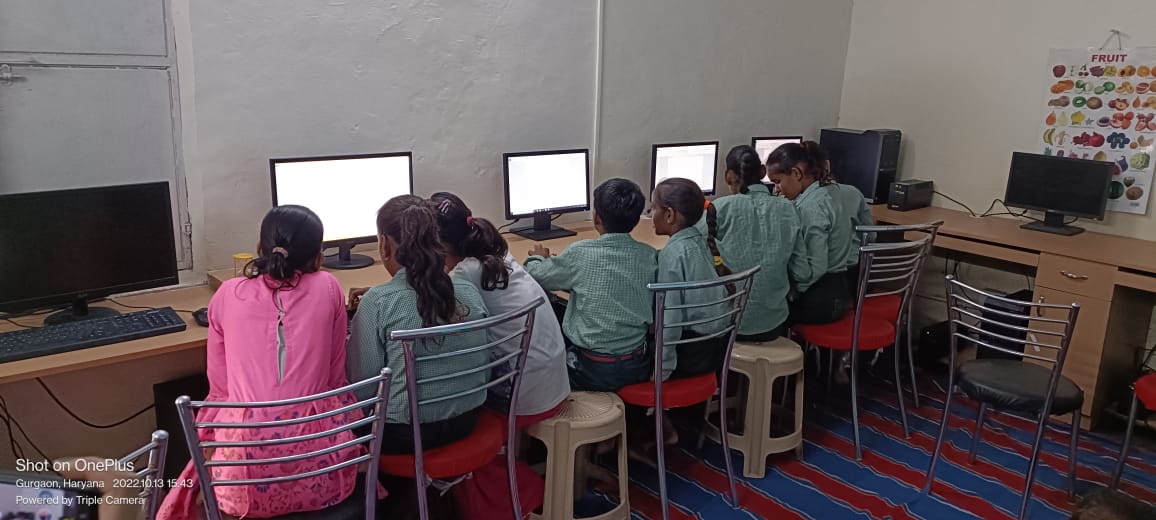Empowering Your Child’s Voice: Encouraging Self-Expression and Advocacy
Empowering children’s voices is crucial for their overall development and well-being.
When children are given the opportunity to express themselves, they build confidence, self-esteem, and critical thinking skills.
It is important for parents to support their child’s self-expression because it allows them to develop their own unique identity and navigate the world with a sense of agency and autonomy.
The Importance of Empowering Your Child’s Voice

Empowering your child’s voice has numerous benefits. Firstly, it builds confidence.
When children are encouraged to express themselves, they learn that their thoughts and opinions matter.
This validation boosts their self-esteem and helps them develop a strong sense of self-worth. Additionally, empowering your child’s voice fosters critical thinking skills.
By encouraging them to articulate their thoughts and engage in meaningful conversations, you are helping them develop the ability to analyse information, think critically, and form their own opinions.
Understanding Your Child’s Unique Communication Style
Every child has a unique communication style, and it is important for parents to understand and support their child’s style.
Some children may be more introverted and prefer to express themselves through writing or art, while others may be more extroverted and enjoy speaking up in group settings.
By recognizing and respecting your child’s communication style, you can create an environment that allows them to express themselves comfortably.
Creating a Safe and Supportive Environment for Self-Expression
To create a safe and supportive environment for self-expression, parents should foster open communication and active listening. It is important to create an atmosphere where children feel comfortable sharing their thoughts and feelings without fear of judgment or criticism.
This can be achieved by actively listening to your child, validating their emotions, and refraining from interrupting or dismissing their ideas. Additionally, parents should model respectful communication by engaging in open dialogue with their children and demonstrating empathy and understanding.
Teaching Your Child to Speak Up for Themselves
Teaching your child to speak up for themselves is an important skill that will benefit them throughout their lives. Parents can start by teaching their children to assertively express their needs and boundaries.
This can be done by role-playing different scenarios and providing guidance on how to communicate effectively.
It is also important to teach children the difference between assertiveness and aggression and to encourage them to find a balance between expressing themselves and respecting others.
Encouraging Your Child to Share Their Thoughts and Feelings
Encouraging children to share their thoughts and feelings is essential for their emotional well-being. Parents can create opportunities for their children to express themselves by setting aside dedicated time for conversations, such as family meetings or one-on-one discussions. It is important to create a non-judgmental space where children feel safe to share their thoughts and emotions. Additionally, parents can encourage their children to keep a journal or engage in creative activities, such as drawing or writing, as a means of self-expression.
Helping Your Child Develop Effective Communication Skills
Effective communication skills are crucial for success in all areas of life. Parents can help their children develop these skills by modelling good communication themselves.
This includes active listening, maintaining eye contact, and using clear and concise language. Additionally, parents can teach their child the importance of non-verbal communication, such as body language and facial expressions.
Role-playing different communication scenarios can also be helpful in teaching children how to express themselves effectively.
Nurturing Your Child’s Creativity and Imagination
Nurturing creativity and imagination in children is essential for their cognitive development and overall well-being. Parents can support their child’s creativity by providing them with opportunities for artistic expression, such as art supplies or musical instruments.
It is also important to encourage imaginative play and storytelling, as this allows children to explore different perspectives and develop problem-solving skills. Additionally, parents can expose their child to different forms of art and culture, such as visiting museums or attending performances, to inspire their creativity.
Fostering a Love for Learning and Exploration
Fostering a love for learning and exploration in children is crucial for their intellectual growth and curiosity. Parents can support their child’s desire to learn by providing them with a variety of educational resources, such as books, puzzles, and educational games.
It is also important to encourage their natural curiosity by answering their questions and engaging in discussions about different topics.
Additionally, parents can expose their children to new experiences and environments, such as nature walks or visits to museums, to stimulate their curiosity and desire to learn.
Building Confidence and Self-Esteem in Your Child
Building confidence and self-esteem in children is essential for their overall well-being and success in life. Parents can help build their child’s confidence by offering praise and encouragement for their efforts and achievements.
It is important to focus on their strengths and celebrate their accomplishments, no matter how small.
Additionally, parents can provide opportunities for their children to take on new challenges and develop new skills, as this helps build resilience and self-confidence.
Empowering Your Child to Make a Difference in the World
Empowering children to make a difference in the world instils a sense of purpose and responsibility. Parents can support their child’s desire to make a positive impact by encouraging them to get involved in community service or volunteer work.
It is important to teach children about empathy, compassion, and the importance of helping others.
Additionally, parents can encourage their child to use their voice to advocate for causes they believe in, whether it be through writing letters or participating in peaceful protests.
Empowering children’s voices is crucial for their overall development and well-being. By supporting your child’s self-expression, you are helping them build confidence, self-esteem, critical thinking skills, and a strong sense of identity.
It is important for parents to create a safe and supportive environment for their child to express themselves, and to teach them effective communication skills.
Additionally, nurturing creativity, fostering a love for learning, and building confidence are all essential in empowering your child to make a positive impact in the world.
By supporting your child’s self-expression, you are setting them up for success and helping them navigate the world with confidence and autonomy.


